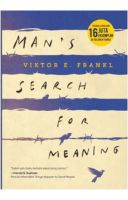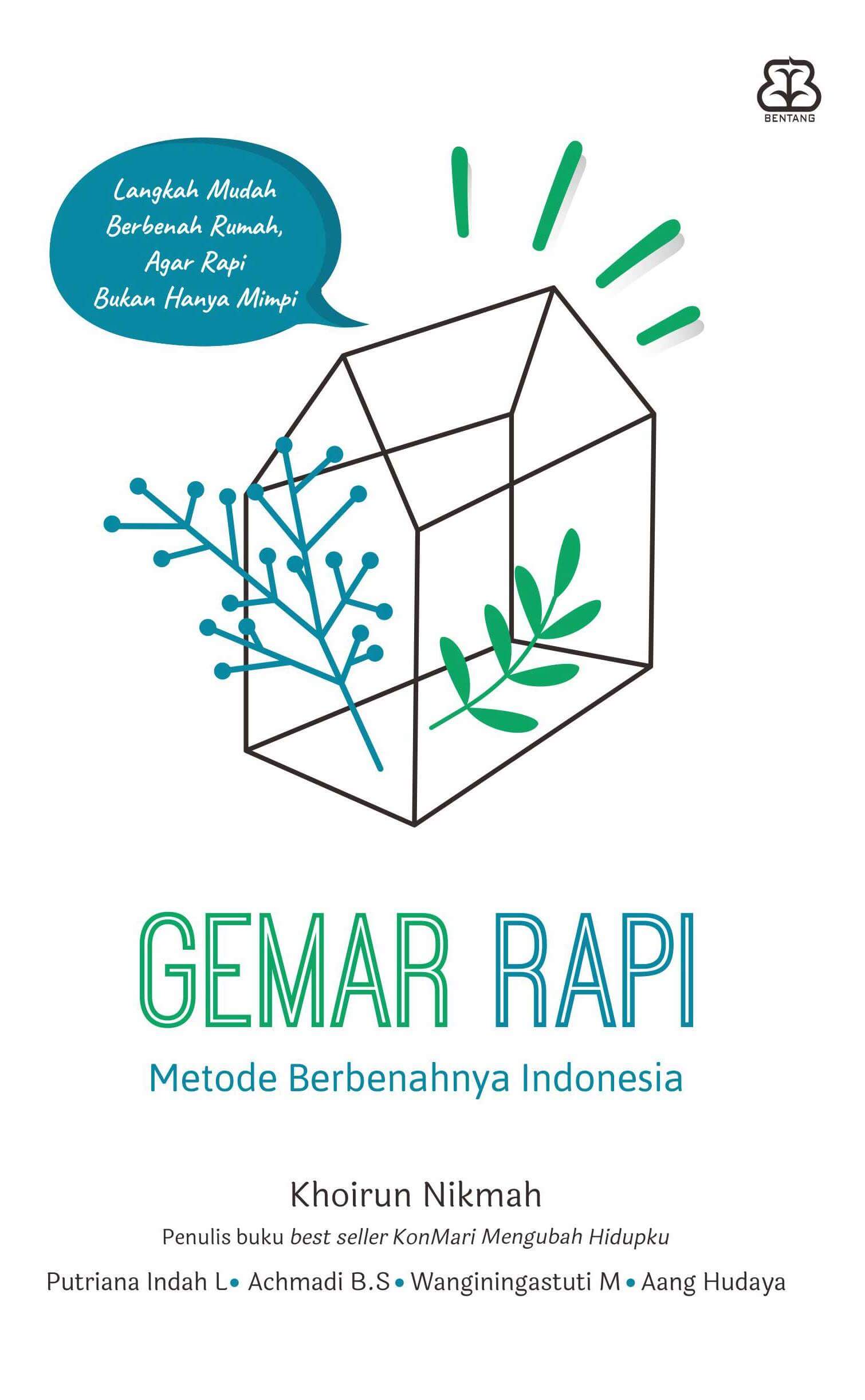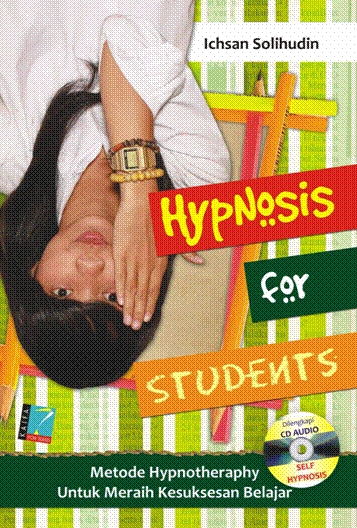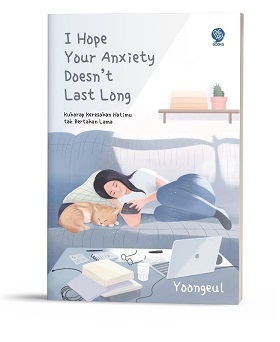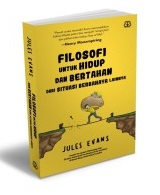
Filosofi Untuk Hidup Dan Bertahan Dari Situasi Berbahaya Lainnya
Deskripsi
Kita terkadang pernah terjebak pada permasalahan hidup yang membahayakan keberlangsungan masa depan kita. Jules Evans, praktisi filsafat praktis serta pendiri The London Philosophy Club (klub filsafat terbesar di Inggris), pernah mendapati dirinya hidup dalam rasa cemas, depresi, serta stres pasca-trauma selama bertahun-tahun.
Melalui risetnya, Jules mengetahui bahwa gangguan-gangguan emosional ini dapat ditangani dengan CBT (Cognitive Behavioural Therapy atau Terapi Perilaku Kognitif). Sebulan setelah menjalani terapi itu, ia tidak lagi terkena serangan panik. Kepercayaan dirinya kembali muncul, bahkan mampu mencerna emosi yang meluap secara tiba-tiba. Menariknya, ide dan teknik-teknik dalam CBT ternyata tak asing—mengingatkannya pada pengetahuan seputar filsafat Yunani Kuno.
Dalam buku ini, Jules membayangkan sebuah sekolah impian, yang di dalamnya tercakup 12 pemikir terbesar di dunia. Kedua belas filsuf itu menyampaikan sebuah pesan berharga agar kita mampu menangani masalah dalam hidup, meminimalisasi emosi berlebihan, mengatur ekspektasi agar tak melulu kecewa, menjaga kendali diri lebih bijaksana, hingga mengenal prinsip menikmati hidup agar lebih tangguh dalam menjalaninya.
Spesifikasi
| SKU | : | BI-157 |
| ISBN | : | 9786022917106 |
| Berat | : | 320 gram |
| Dimensi (P/L/T) | : | 13 cm/ 21 cm/ 2 cm |
| Halaman | : | 392 |
| Tahun Terbit | : | 2020 |
| Jenis Cover | : | Soft Cover |
Ulasan
Belum ada ulasan
